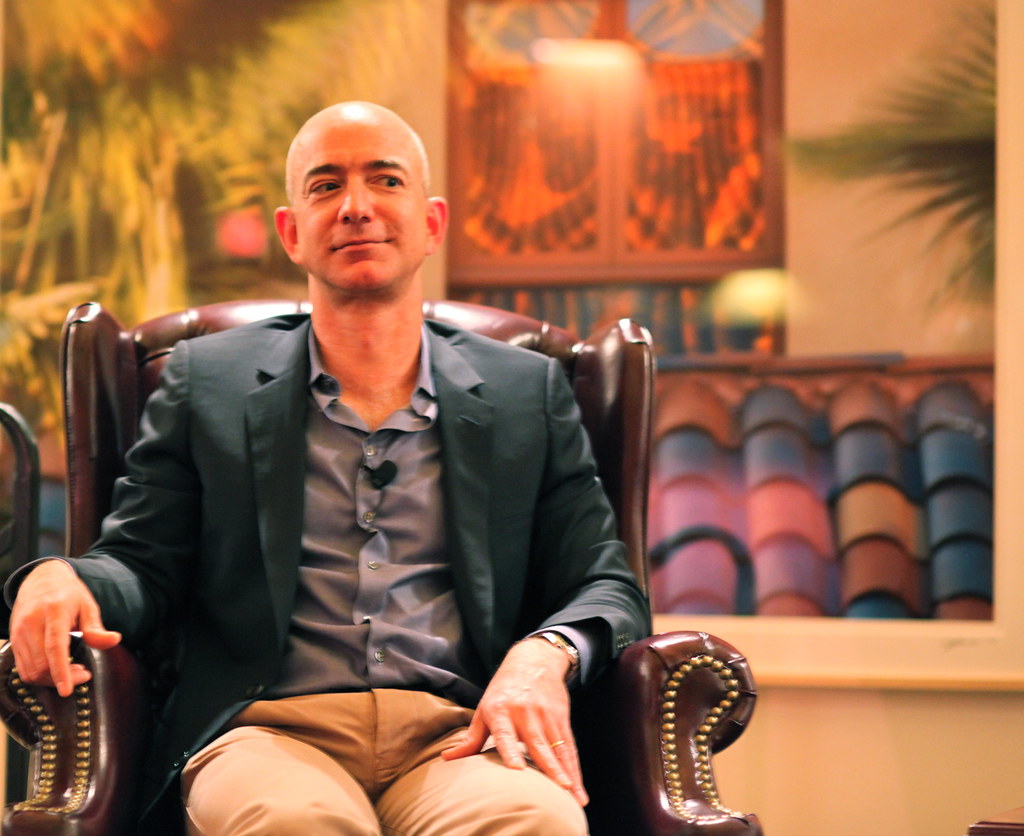In an era where the landscape of work and education is rapidly transforming, the traditional route of obtaining a college degree as the singular path to success is being reevaluated, especially within the realm of marketing. Gen Z, a generation that has grown up amidst unparalleled technological advancements and changing economic realities, is leading this charge, questioning the value of a marketing degree in today’s fast-evolving job market.

Jeffrey Moss, in his discussion on skills-based hiring and micro-internships, emphasizes the importance of core skills such as communication, empathy, problem-solving, and teamwork. These skills, as highlighted by the National Association of Colleges and Employers, are what truly matter to employers, over and above technical knowledge or the prestige of the alma mater. This perspective is echoed by a professional in digital marketing, who admits to valuing an individual’s ability to learn and adapt over their formal educational background.
This shift in mindset is supported by data from a study by Business Insider and YouGov, revealing a mere 39% of Gen Z believe higher education is crucial. The staggering costs of college education, coupled with the promise of high debt and uncertain job prospects, have led many, like 22-year-old Sadie Shaw, to seek alternative paths to success. Shaw’s journey from a college dropout to a thriving TikTok creator and vintage store manager underscores a growing trend among Gen Z: the pursuit of financial independence and professional fulfillment outside the confines of traditional academia.
The economic calculations are indeed stark. With the cost of education skyrocketing and the average total cost of a public college education in the US reaching $104,108, many are left questioning the return on investment. This skepticism is not unfounded, considering the Bureau of Labor Statistics’ projection that 60% of new jobs will not require a college degree.
Further complicating the picture is the revelation that nearly 60% of marketing majors find themselves in high-school-level jobs five years post-graduation, as reported by Bloomberg. This statistic raises profound questions about the direct value of a marketing degree in securing relevant and rewarding employment in the field.
It is not all doom and gloom. The marketing sector remains vibrant, with an array of opportunities across various specialties such as internet marketing, SEO, and social media marketing, to name a few. For those passionate about making their mark in the marketing world, the key lies in leveraging alternative education and experience-building opportunities. From Google career certificates to internships, there are myriad ways to gain the skills and experience valued by employers without the financial burden of a traditional college degree.
That said, a marketing degree can still hold value for certain individuals. High-paying roles such as marketing managers can offer salaries reaching up to $138,730 per year, showcasing that success in the field is attainable with the right foundation. Personal testimonials, like that of Jessica Rajesh Pope, a freelance social media consultant, highlight the potential benefits of formal education in providing a comprehensive understanding of marketing fundamentals.
However, in this ever-evolving landscape, adaptability, continuous learning, and practical experience are becoming increasingly important. As such, prospective students are encouraged to thoroughly research their educational options, potentially combining a marketing degree with minors in in-demand areas or gaining hands-on experience through internships and part-time roles.
The journey to a fulfilling career in marketing for Gen Z is no longer linear. Amidst shifting educational paradigms and evolving job market demands, the traditional marketing degree may not be the golden ticket it once was. Instead, a blend of practical experience, skills-based learning, and perhaps, a dash of entrepreneurial spirit, is shaping up to be the new formula for success. As this generation navigates their unique paths, they redefine success on their own terms, proving that there are countless ways to make a mark in the world of marketing.





